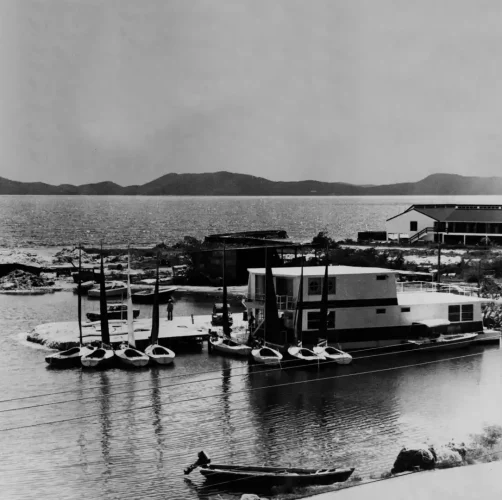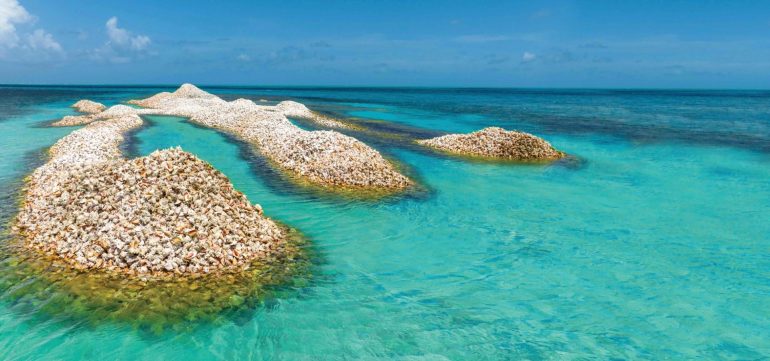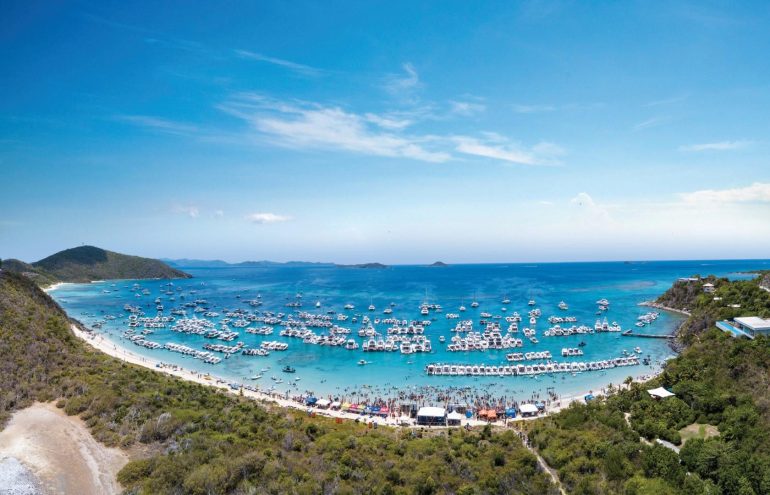A Solution to Water Contamination – Most outhouses smell. The peat moss composting toilet I use where I live and work here in Northwest British Columbia’s Clayquot Wilderness Eco Retreat, aka “the Outpost,” is an exception. It actually has a pleasant, earthy smell.
Requiring a short lesson beforehand, Outpost sanitation master and manager of housekeeping, Mary Brooks, helped me through the easy and efficient process. “The reason I like the compostable toilet is that it saves fifteen gallons of water per flush. It is ridiculous to waste that much pure drinking water,” she says. Mary instructed me to add a heaping scoop of peat moss and sprinkle two tablespoons of non-degradable micro enzymes onto my business each morning noon and evening. There is a bio-drum that needs to be rolled once a day, so it can mix. The recipe has produced a fine yield. After two weeks of living and working here at the Outpost, I finally just rolled out my first tray of rich compost next to my tent where salmonberry bushes grow.
In addition to their earthy scent, compostable toilets offer invaluable environmental benefits. Nutrient-rich soil and clean water are highly prized in a world searching for solutions to increasingly problematic soil and water acidity. Conventional flush toilet installation requires septic tank construction that may mean the elimination of trees. In addition, it may contaminate the ground or well water used for drinking. In contrast, compostable toilets require no water and little space.

The provincial government of British Columbia, Canada has implemented regulations to protect the rivers affecting nearby salmon stocks. On top of that, fishing is one of many adventures the Outpost offers, and so naturally the health of the salmon is a priority here. “Since our guests’ tents are set up close to the river, we couldn’t have sewerage water run-off affecting the salmon runs,” says co-owner Adele Caton. “Compostable toilets were a simple and cheap way to do this. In addition, the compost is great for the wildflowers, plants and berry bushes up here.”
In addition to compostable toilets suitable for landowners and contractors who are looking to go green when building new homes and cabins, there are even toilets compact enough to go on boats. While we await stricter laws to eliminate the release of holding tanks into the sea, this is a great solution to the increasing water pollution yachts and other charter boats generate, causing damage to our sensitive reefs. With such cheap and efficient products available, it would be great if the British Virgin Islands Fisheries Department could put in place a law that makes these holding tank toilets a thing of the past. Dumping a holding tank over a reef is damaging to fish stocks and other sensitive marine life, whereas nutrient-rich soil is actually beneficial.
To learn more about wild adventures and peat moss loos, go to:
www.wildretreat.com
www.sunmar.com





